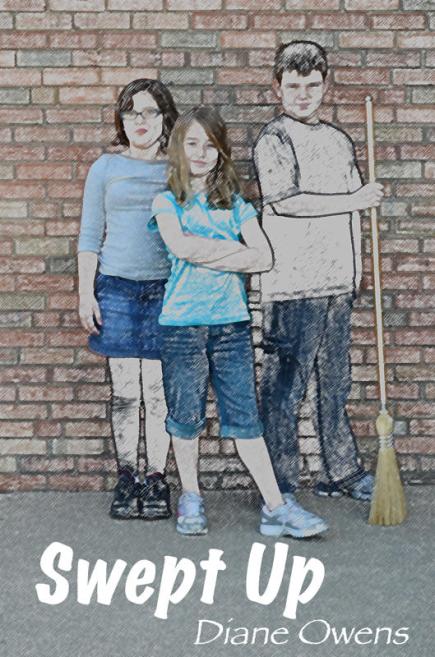If It Doesn’t Do Anything, Take It Out
 Consider each scene, description and conversation in your story. If you removed it, would readers still understand what’s going on? If so, ask yourself why it’s there. Maybe it shows a character’s personality, flaw or reason for doing something. Maybe it sets the mood or tone. Those are good reasons to keep it – unless another scene, description or conversation serves the same purpose. If you’re not sure something’s needed, read the story without it. If you don’t miss it, readers won’t either.
Consider each scene, description and conversation in your story. If you removed it, would readers still understand what’s going on? If so, ask yourself why it’s there. Maybe it shows a character’s personality, flaw or reason for doing something. Maybe it sets the mood or tone. Those are good reasons to keep it – unless another scene, description or conversation serves the same purpose. If you’re not sure something’s needed, read the story without it. If you don’t miss it, readers won’t either.
After you remove unnecessary parts, look for unnecessary words. Replace adverbs with stronger verbs. If you have a string of adjectives, save the strongest one and cut the rest. Look for sentences that start with “There are” or “There is”. Chances are you can remove those opening words. Remove anything that repeats a point you’ve already made. If your character stomps off, don’t say the character’s upset; readers will already know. Watch for sneaky repeat words too. If your character sits, there’s no need to say he or she sat down. Is there any other way? The same is true with stand and stand up. Review every sentence and cut any word that isn’t doing a specific job. Fewer words are always stronger.
Mix It Up
If you notice large blocks of anything, break them up with something else. Mix dialogue with thoughts, or action with description. If sentences sound the same, begin some with clauses or dependent phrases. Throw in a question or exclamation. Vary the length of sentences too, but use short sentences more often during action scenes and longer sentences more often during quieter, thoughtful times.

How It Sounds
Read your story out loud. This forces you to slow down and pay attention to every word. It also keeps your brain from filling in missing words.
Listen to the rhythm and flow. If you stumble over something, there’s probably a reason. Maybe a sentence is too long or awkward or you have too many sentences in a row that sound the same.
See What Others Think
No matter how carefully you revise, chances are you won’t catch everything. You’re too close to it and by now you’ve read the story too often. That’s why writers have editors. It’s also why you should consider posting your story for others to review. To learn how to post it here, go to Share Your Writing.
To practice the tips and techniques on this page, go to the activities page for Polishing.




